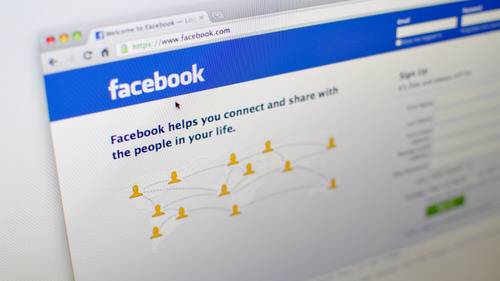
Facebook is Unliking any suggestions that it is actively favoring paid content over unpaid content within its News Feed tool, even as such allegations are gaining more volume within the social media sector.
The latest set of accusations come from New York Times blogger Nick Bilton, who noted that over the years, as the number of his subscribers grew to near 400,000 (his numbers at press time are standing at 398k), the number of Likes and Shares of his posted material actually fell dramatically.
“From the four columns I shared in January, I have averaged 30 likes and two shares a post. Some attract as few as 11 likes. Photo interaction has plummeted, too. A year ago, pictures would receive thousands of likes each; now, they average 100. I checked the feeds of other tech bloggers, including MG Siegler of TechCrunch and reporters from The New York Times, and the same drop has occurred.”
Bilton alleges that the problem here is that Facebook is giving preferential treatment to users who pay to have their content promoted. Which, frankly, you might expect. But Bilton also believes that Facebook is actively suppressing content from users who aren’t paying, especially content generators with large followings – like him.
“What changed? I recently tried a little experiment. I paid Facebook $7 to promote my column to my friends using the company’s sponsored advertising tool.
“To my surprise, I saw a 1,000 percent increase in the interaction on a link I posted, which had 130 likes and 30 reshares in just a few hours. It seems as if Facebook is not only promoting my links on news feeds when I pay for them, but also possibly suppressing the ones I do not pay for.”
Facebook, for its part, emphatically denies the charges. In a blog post of its own yesterday, Facebook flatly denied what Bilton was accusing, though it did not specifically call Bilton out by name.
“The argument here is based on a few anecdotes of one post from one year to a totally different post from another year.
- This is an apples-to-oranges comparison; you can’t compare engagement rates on two different posts year over year.
“These anecdotes are taken as representative of what is happening overall.
- In fact, the opposite is happening overall – engagement has gone up 34% on posts from people who have more than 10,000 followers.”
Facebook acknowledges, though, that Bilton may be observing a decline in interaction with his content. But not for any reasons to do with advertising.
Instead, Facebook said, changes in the News Feed algorithms “to focus on higher quality stories may have also decreased the distribution for less engaging stories from public figures.”
In other words, write better stuff, Bilton, and you’ll get your stuff shared more? Perhaps, though Facebook says it is still working in fixing this issue, too.
This is not the first time Facebook’s paid-content policies have rankled notable figures within its community. Last Fall, Dallas Maverick’s owner Mark Cuban complained publicly about an offer he’d received from the social media platform to reach 1 million people for $3,000.
Cuban would later tell ReadWrite Editor-in-Chief Dan Lyons that because of this type of pay-to-play policy, he was reducing the Facebook presence of the Mavericks and the 70-ish companies in which he invests.
(See also Mark Cuban: Facebook Is Driving Away Brands – Starting With Mine.)
“We are moving far more aggressively into Twitter and reducing any and all emphasis on Facebook,” Cuban said via email at the time. “We won’t abandon Facebook, we will still use it, but our priority is to add followers that our brands can reach on non-Facebook platforms first.”
Bilton’s observations have added more fuel to the fire that in its quest for more revenue, Facebook, which already relies on the free content provided by its users, is rigging the game against the same users who create the vast majority of the network’s content.
If these are bugs to be worked out, Facebook should spend a lot of effort to resolve them, and soon. There are other social networks in the sea, and they would be more than happy to take Facebook’s business.
















